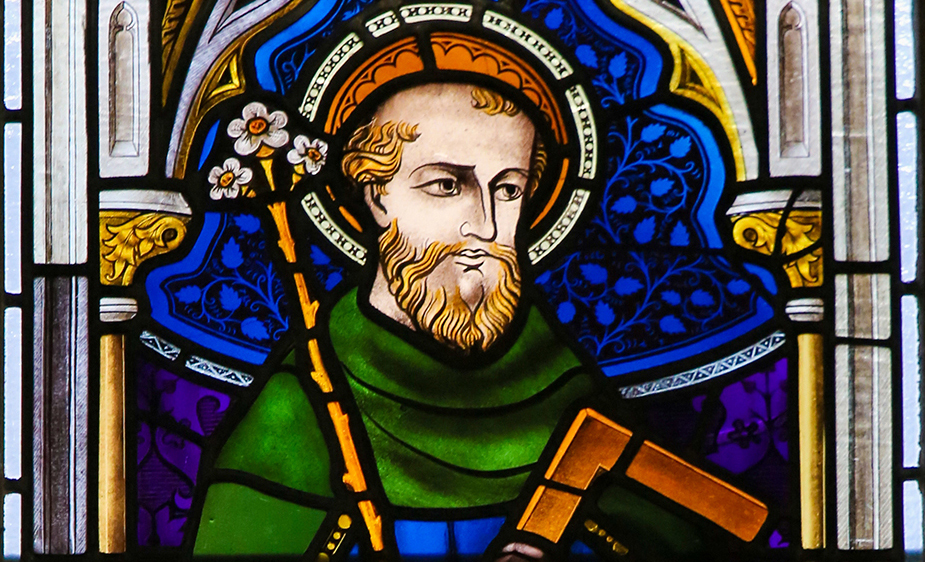There is very little other than Scripture. There are some scurrilous stories in apocryphal writings involving the Infancy Narratives, but they are not Scripture and have been rejected by tradition as unworthy of our attention.
Though we know so little of Joseph in Scripture, he seems to have been the strong, silent type. Not a word of his is recorded. But his actions have much to say, especially to men. Let’s consider a few examples of his active virtue.
He was a man who obeyed God and clung to his wife. At a certain point, it was discovered that Mary was pregnant, though not by Joseph. Scripture says that Joseph was a “just man.” This does not mean that Joseph was a fair and nice guy (though I presume he was). What it means was that he was a follower of the Law. The Law said that if a man discovered that a woman to whom he was betrothed was not a virgin, he should divorce her and not “sully” his home. Joseph, as a just man — that is, a follower of the Law — was prepared to follow its requirements. To fail to divorce Mary would expose Joseph to cultural ramifications. But Joseph is told in a dream not to fear, that Mary has committed no sin. The Gospel of Matthew records: “When Joseph awoke, he did as the angel of the Lord had commanded him and took his wife into his home” (1:24). So, here is a man who obeys God even if it is not popular, even if he may suffer for it. Here is a man who agrees to cling to his wife, for better or worse, richer or poorer, in sickness or health. This is what a man is to do.
Joseph was a man whose vocation is more important than his career. In Bethlehem, Joseph is warned by an angel in a dream: “Rise, take the child and his mother, flee to Egypt, and stay there until I tell you. Herod is going to search for the child to destroy him” (Mt 2:13). Joseph may well have had much to lose in this flight. Back in Nazareth he had a business, a career if you will. He had business prospects, business partners and contacts. Fleeing to a distant land might mean others would take his business, etc. But Joseph was a father and husband before he was a businessman. His vocation outweighed his career.
Joseph was a man of work. Scripture speaks of Joseph as a “carpenter” (Mt 13:55). The Greek word however is tektonos, which can mean more than a worker in wood. It can also refer to a builder or any craftsman. It was through his work that Joseph supported his family. It is the call of a man to work diligently and to responsibly, reliably provide for his family. Joseph models this essential aspect of manhood. St. Paul, in his Second Letter to the Thessalonians, felt it necessary to rebuke some of the men of his day for their idleness and concludes, “Such people we instruct and urge in the Lord Jesus Christ to work quietly and to eat their own food” (3:12).
Rev. Msgr. Charles E. Pope is a priest of the Archdiocese of Washington, D.C.

